In 2003, Eminem released the diss track, hoping, to end all diss tracks, “Like Toy Soldiers.” The song criticizes beefing in the rap community along with the increasingly deadly consequences.
Videos by American Songwriter
The song was first featured on Eminem’s fifth album, Encore (2004), and garnered widespread critical approval, peaking at No. 34 on the Billboard Hot 100. It found even greater success abroad, scraping the No. 1 spot in the UK, Australia, Denmark, Germany, and New Zealand.
In particular Eminem fashion, the song takes aim at a myriad of pop culture references, many of which are his contemporaries in the rap game. He departs from his usual playful chides though, and moves on to much graver topics, including the death of his fellow rappers.
Behind the Lyrics
The meaning of “Like Toy Soldiers” takes on feuds in the rap community. Putting a spin on the convention of rappers slinging insults at one another in their songs. Eminem compares the diss track-fuelled rap scene to soldiers in the army taking orders, which in this case seems to be the record companies that profit off of the controversy.
The entire hook is sampled from Martika’s 1988 song “Toy Soldiers.” It plays into a similar theme, talking about being pawns in someone’s else game. The battles they wage are so meaningless that they might as well be fought for toys.
Step by step, heart to heart, left, right, left
We all fall down
Step by step, heart to heart, left, right, left
We all fall down like toy soldiers
In the song’s opening lines, the Missouri native references Ja Rule taking shots at 50 Cent, Dr. Dre, and himself in a diss track titled “Loose Change.” At the end of the track, Ja Rule spits the lines, Em, you claim your mother’s a crackhead and Kim is a known slut / So what’s Hailie gon’ be when she grows up, referencing the rapper’s daughter.
In the same breath, he references one of the most publicized beefs in rap history – Jay Z and Nas. However, most of the fights between the two heavyweights stayed focused on each other’s career, appearance, and other relatively tame topics, instead of insinuating the other rapper’s daughter would turn into a cocaine addict.
There’s a certain line you just don’t cross, and he crossed it
I heard him say Hailie’s name on a song and I just lost
It was crazy, this shit went way beyond some JAY-Z and Nas shit
And even though the battle was won, I feel like we lost it
Later in the song, Em moves on to famous rappers that have been killed due to violence, notably Tupac, The Notorious B.I.G., and former D12 member Bugz. He says these losses should have highlighted the harsh reality of beefing in the hip-hop community.
He also mentions Suge Knight, the CEO, and co-founder of Death Row Records noted for being the label Tupac was signed to before his death. Knight and Dr. Dre had a major dispute when Dre left the record label. Out of respect for both Dre and Knight, Eminem has never dissed Knight in a song, even going as far as editing his name out of this track.
That was never my object, for someone to get killed
Why would I wanna destroy somethin’ I helped build?
It wasn’t my intentions, my intentions were good
I went through my whole career without ever mentionin’ ****
Battling in hip-hop goes way back to its origins when emcees would claim the DJ they represented was better than any other. This translated into the “8 Mile” style rap battles that Eminem grew up on and continues today.
However, it wasn’t until Biggie and Tupac were murdered that throwing punches in music got serious. Rappers generally understood their battles with other artists were a strictly professional thing, whereas now they have to worry about words turning into real violence.
There used to be a time when you could just say a rhyme
And wouldn’t have to worry about one of your people dyin’
But now it’s elevated, ’cause once you put someone’s kids in it
The shit gets escalated, it ain’t just words no more, is it?
Music Video
The music video for the track features two boys flipping through a storybook in their living room out of boredom. After they flip a few pages of Toy Soldiers, the story begins to come to life with Eminem appearing in a hospital with blood covering his clothes.
The camera pans over to see Bugz (played by fellow D12 member Proof) dying on a gurney. Eminem is then seen in a series of scenes rapping the song’s lyrics to the camera before standing shocked at the shooting of his fellow rapper. The video finished at his funeral, which features a choir singing the final chorus.
Several cameos from other hip-hop mainstays are featured in the video, including 50 Cent, Luis Resto, Dr. Dre, Obie Trice, and D12. A few deceased rappers including Tupac, Biggie, and Bugz are shown in animation form at the end of the video to show the fatal consequences of rap wars.
In a rare coincidence, Proof himself was shot and killed just two years after the filming of this video, following an altercation that broke out at a nightclub in Detroit.
“In the year after [Proof] died,” Eminem said in his memoir The Way I Am, “I would stare at the ceiling and think about that video. Did karma cause that to happen in real life? Did I? You always want to point the finger at somebody else when something like that happens, you know?”
Photo by Kevin Mazur/Getty Images for The Rock and Roll Hall of Fame

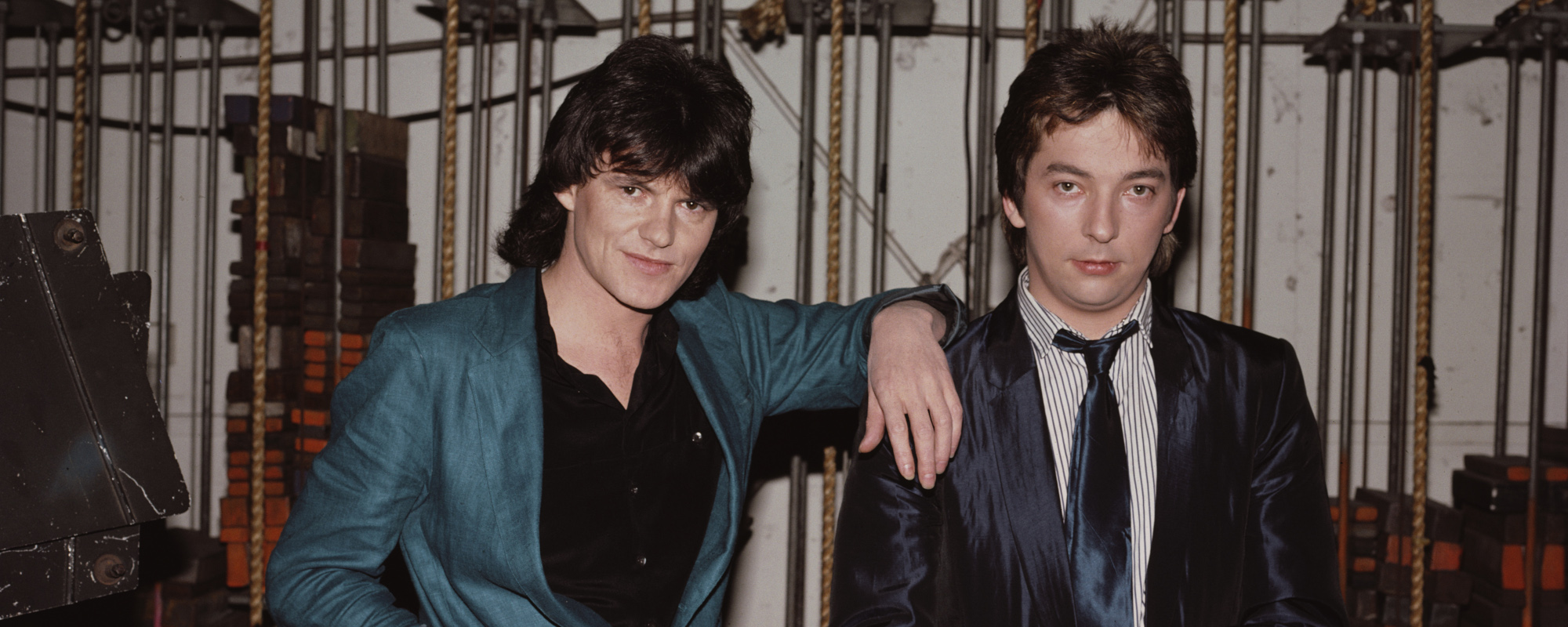
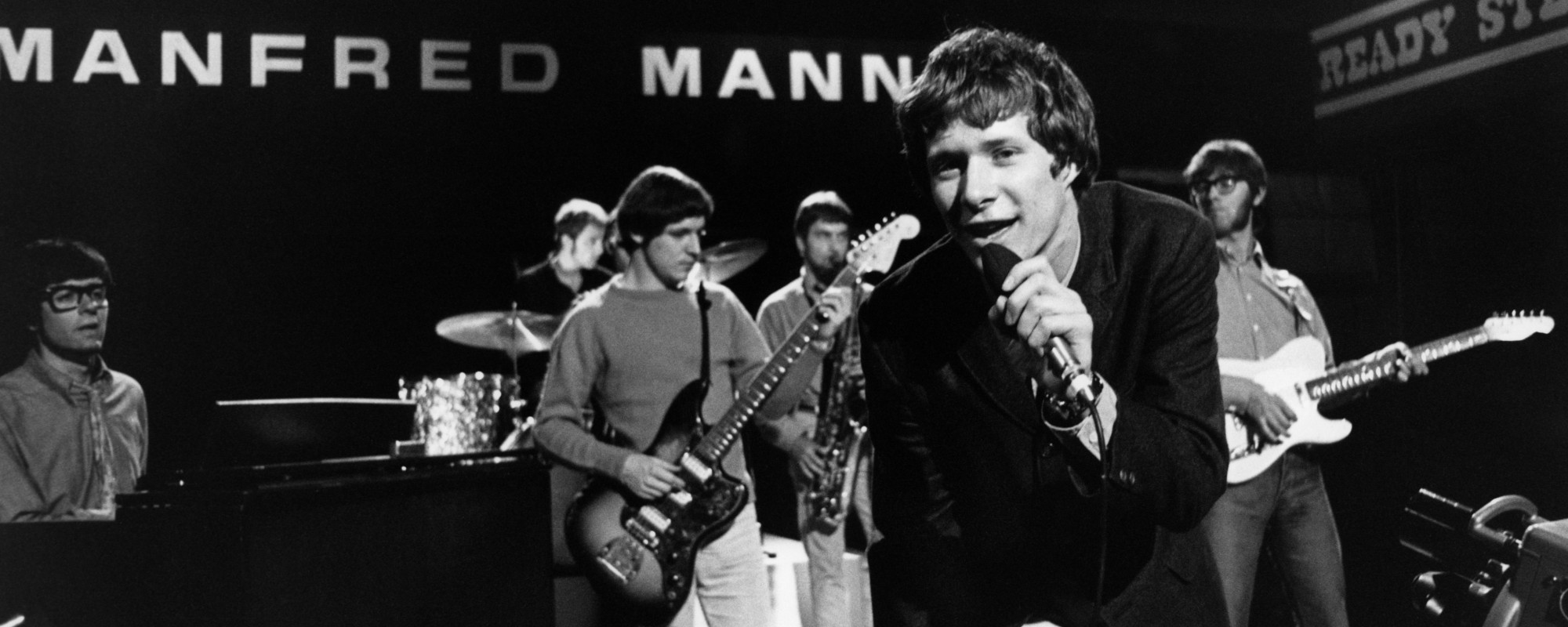
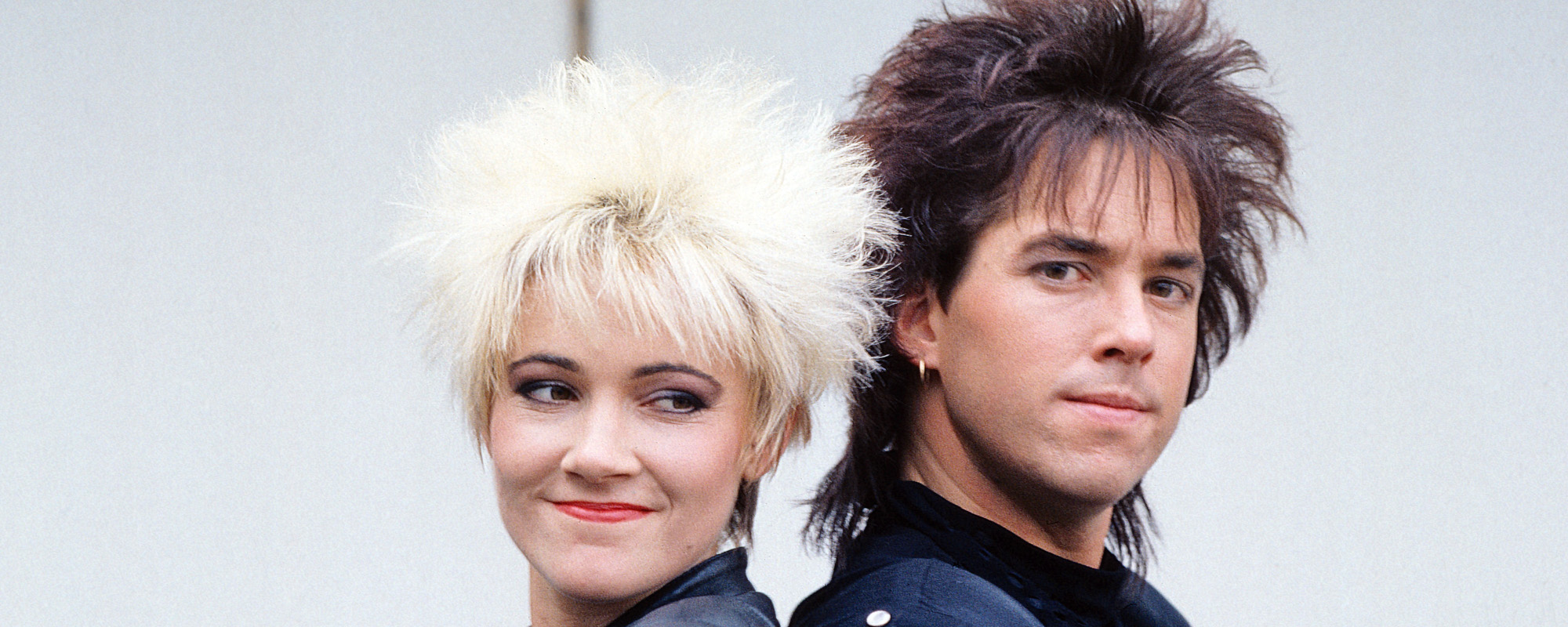
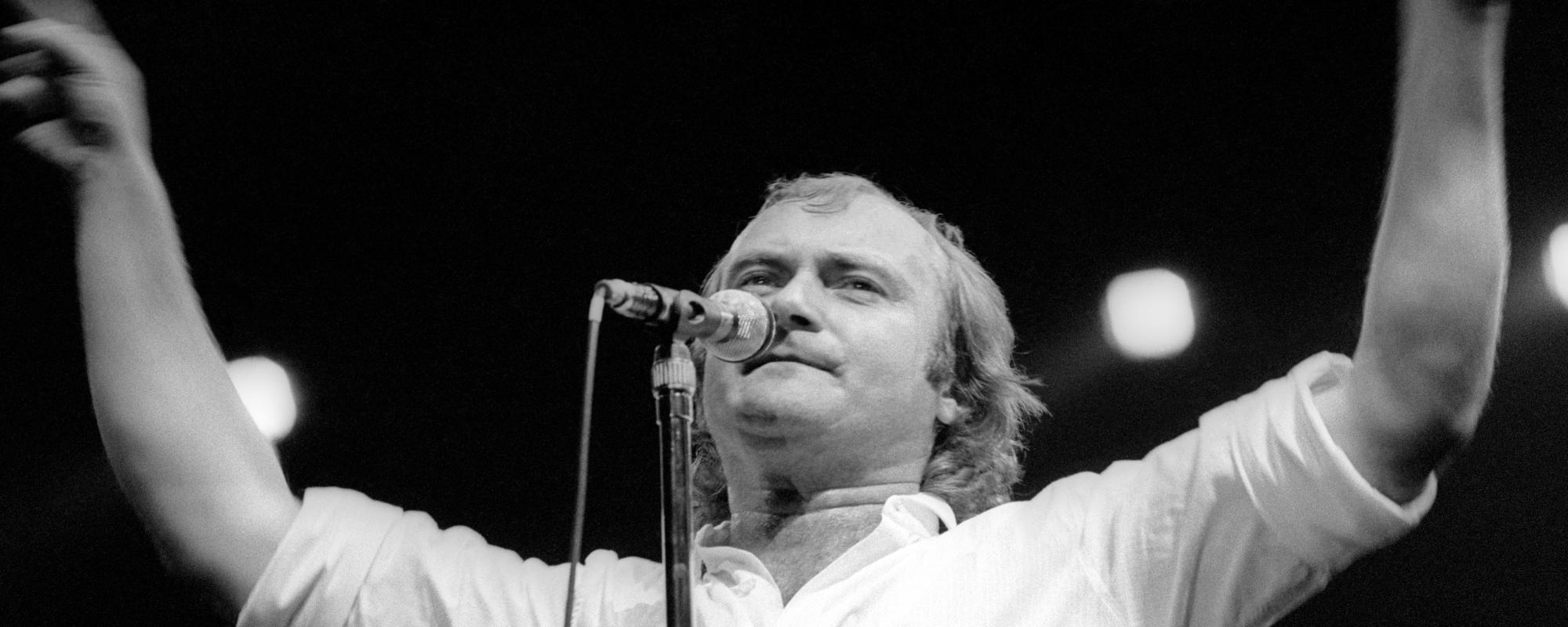
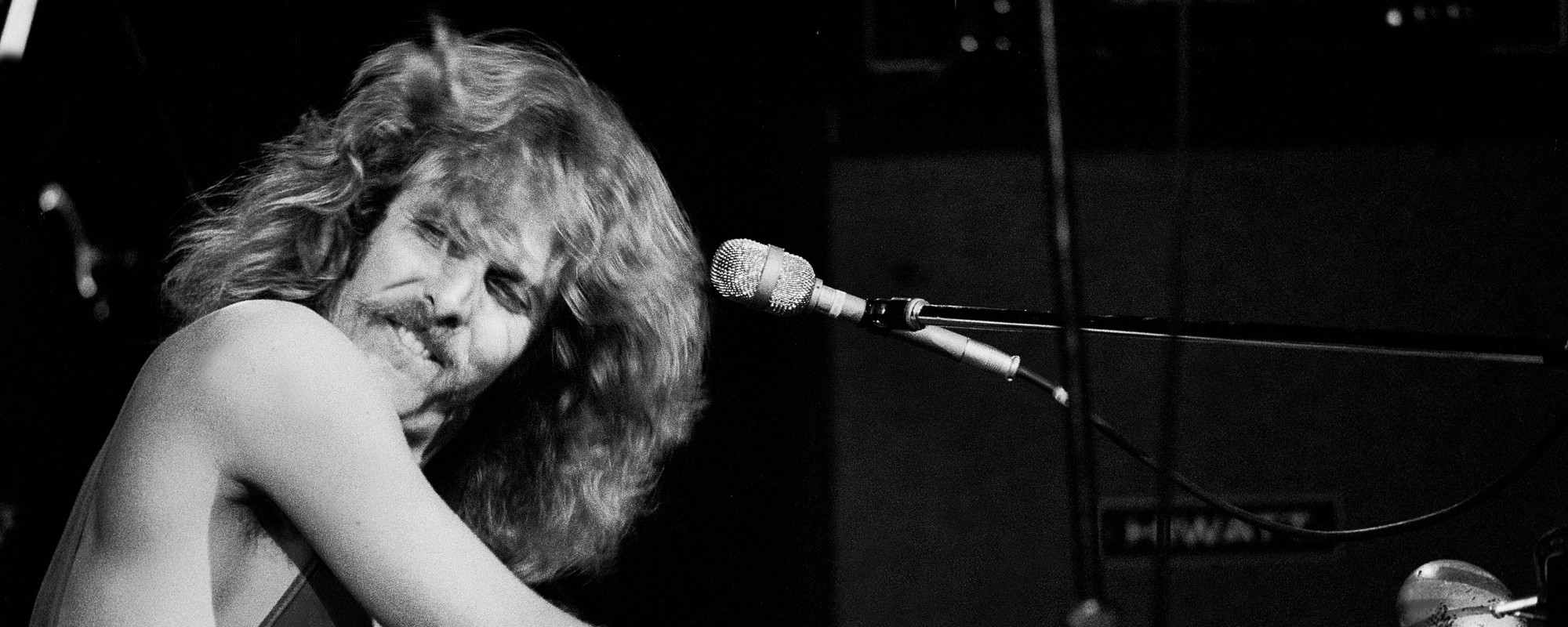

Leave a Reply
Only members can comment. Become a member. Already a member? Log in.